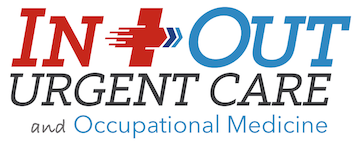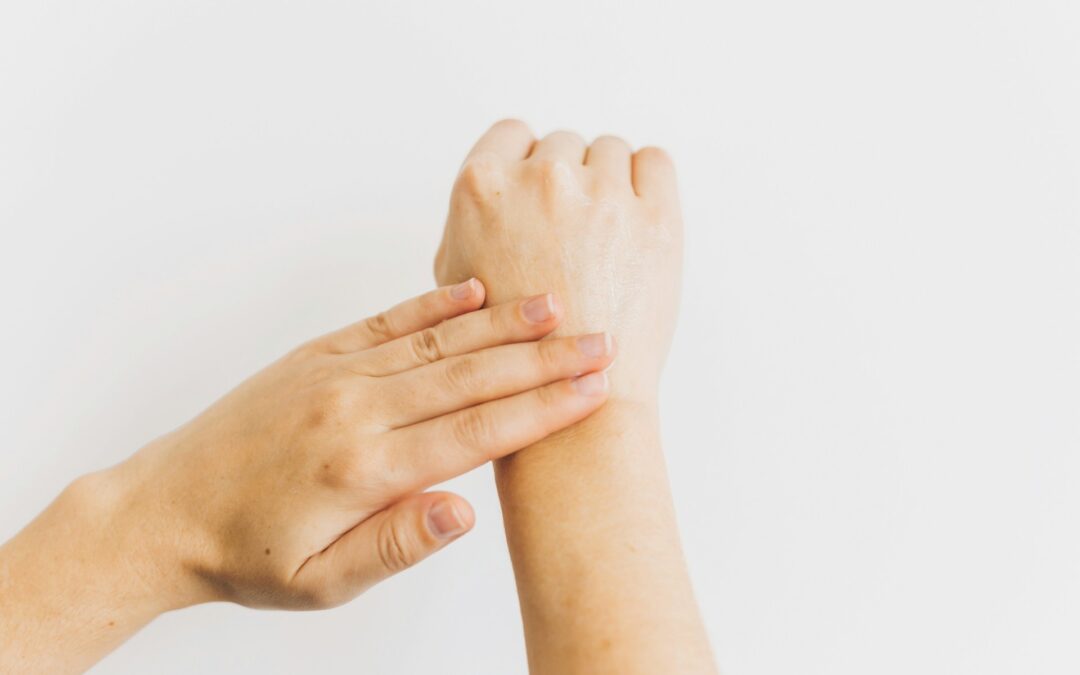Dehydration occurs when the body loses more fluids than it takes in, leading to a deficiency in water and electrolytes necessary for normal bodily functions. When not treated properly, dehydration can have serious consequences and be life-threatening. It affects individuals of all ages and can happen in various situations, such as during exercise, illness, or exposure to hot weather.
In this blog post, we will explore the crucial aspects of dealing with dehydration, including its symptoms, treatment options, and prevention strategies. Furthermore, we will discuss how our team of experienced medical professionals is equipped to manage and treat dehydration in patients across New Orleans and North Shore regions.
Whether you are an athlete, a parent, or someone simply interested in maintaining optimal health, understanding the importance of hydration and knowing how to prevent and manage dehydration is essential. With this knowledge and the support of In & Out Urgent Care, you can confidently take charge of your health and well-being, staying hydrated and safeguarding yourself from the possible complications of dehydration.
Recognizing the Symptoms of Dehydration
Dehydration can manifest in various symptoms that may range from mild to severe. Identifying the signs of dehydration early on is crucial for seeking timely treatment. Common symptoms include:
1. Thirst: An increased sense of thirst is an early warning sign that your body needs more water.
2. Dryness: Dry mouth, lips, and skin can also indicate dehydration.
3. Fatigue: Feelings of weakness, dizziness, or lightheadedness may occur due to fluid loss and reduced blood volume.
4. Dark urine: Dehydration can cause your urine to become darker with a strong odor, indicating that your body is conserving water.
5. Rapid heartbeat or breathing: In response to decreased blood volume, your heart rate and breathing may increase.
Severe dehydration can also lead to symptoms like sunken eyes, fainting, and in extreme cases, unconsciousness or seizures. It is essential to recognize these signs and seek medical attention promptly.
Treatment Options for Dehydration
The treatment for dehydration depends on its severity, underlying causes, and the patient’s overall health. Common treatments include:
1. Oral rehydration: For mild to moderate dehydration, drinking water and electrolyte-rich beverages like sports drinks and oral rehydration solutions can help replenish lost fluids and electrolytes.
2. Intravenous (IV) fluids: In cases of severe dehydration or when oral rehydration is not possible, healthcare professionals may administer fluids and electrolytes via an IV line to quickly restore hydration levels.
3. Addressing underlying causes: If dehydration is a result of an illness or other medical condition, treating the root cause is necessary to alleviate symptoms and prevent further dehydration.
We provide timely and effective care to patients suffering from dehydration, tailoring treatments based on individual needs and circumstances.
Prevention Strategies for Dehydration
Dehydration is often preventable with appropriate measures to ensure adequate fluid intake. Some effective prevention strategies include:
1. Frequent hydration: Drinking water regularly throughout the day, especially during hot weather or exercise, can help maintain a healthy balance of fluids in your body.
2. Monitoring fluid intake: Keep track of your daily water consumption to make sure you are meeting your hydration requirements. An easy guideline to follow is the “8×8 rule” – consuming eight 8-ounce glasses of water per day.
3. Consuming hydrating foods: Include water-rich fruits and vegetables, like watermelon, cucumber, and lettuce, in your diet to bolster your fluid intake.
4. Limiting dehydrating beverages: Alcohol, caffeinated drinks, and sugary beverages can contribute to fluid loss. Minimize consumption or balance their intake with water and other hydrating beverages.
5. Adjusting for environmental factors: Be mindful of your surroundings, such as exposure to high temperatures or engaging in strenuous activities, and adjust your fluid intake accordingly.
Incorporating these strategies into your daily routine can help you prevent dehydration and maintain optimal health.
Expert Dehydration Care at In & Out Urgent Care
Our experienced medical professionals are dedicated to providing exceptional care to patients suffering from dehydration in New Orleans and the North Shore regions:
1. Comprehensive evaluation: Our team performs thorough assessments to determine the extent of dehydration and the possible underlying causes, ensuring accurate diagnosis and treatment.
2. Personalized treatment plans: Based on the severity of dehydration, a tailored plan is developed to restore your hydration levels effectively and efficiently.
3. Ongoing support and monitoring: Regular follow-ups ensure you receive the necessary guidance to maintain proper hydration and prevent recurrent dehydration episodes.
4. Expertise in dehydration care: We provide professional and reliable care to patients of all ages, ensuring they receive the attention and treatment needed to stay hydrated and healthy.
Conclusion
Managing dehydration is essential for overall health and well-being. By understanding its symptoms, seeking appropriate treatment, and implementing effective prevention strategies, you can protect yourself from dehydration’s potential dangers and complications.
In & Out Urgent Care is committed to providing expert dehydration care to New Orleans and North Shore patients. Trust our dedicated team to deliver a timely diagnosis, personalized treatment plans, and ongoing support to help you achieve optimal hydration and maintain your health. With knowledge, vigilance, and urgent care in New Orleans, LA, you can confidently conquer dehydration and enjoy a healthy, hydrated lifestyle.

